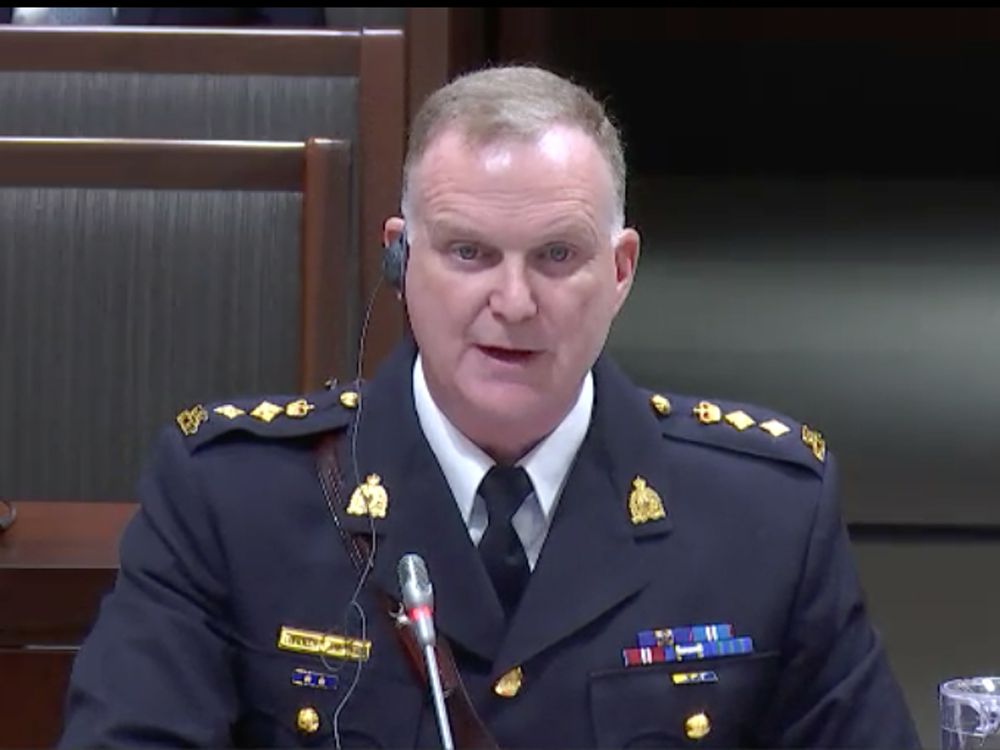A couple of hard realities:
1. Communities will get the policing they’re willing to pay for.
2. Police mostly deal with problems that already exist, and that are not ultimately solvable by policing. We can arrest someone caught stealing to feed an addiction, but we can’t do anything about the addiction, and we also can’t do anything about what the courts do when an accused is before them.
To keep two police officers working 24/7, you’re going to need probably 15 officers all in to cover absences for vacation, training, parental, court attendance, illness etc., and the necessary supervisory structure. Figure $2m a year? Not a lot of small rural communities will be able to afford that. That means you’re sharing officers with a much larger area and other communities, and that will absolutely affect response times. You can save costs by not going 24/7 and having an on call model, but that means when the 911 call comes in, dispatch may be calling two officers to wake them up.
You want real improvement? Look upstream in the problem set. Deal with addiction, housing unaffordability, and mental health before it becomes a 911 call.

www.halifaxexaminer.ca



